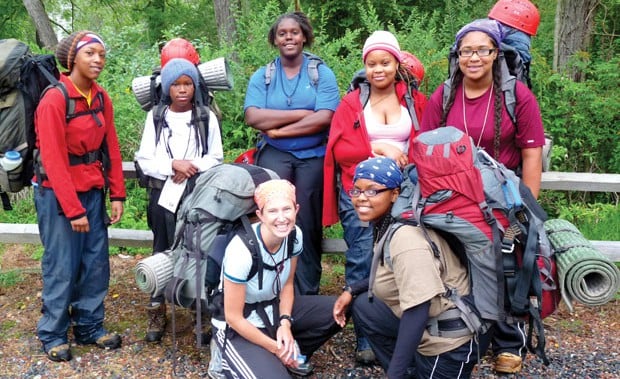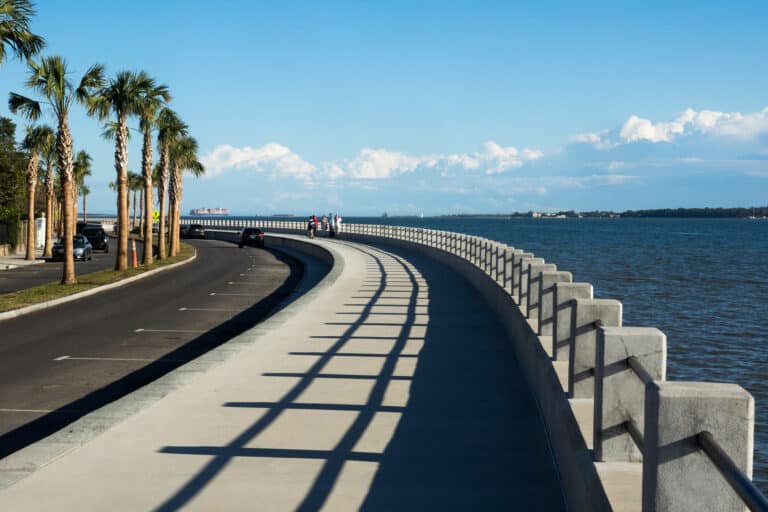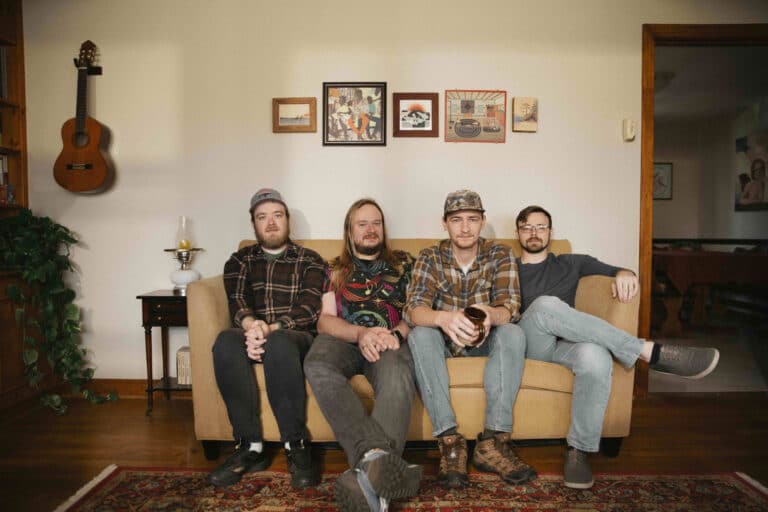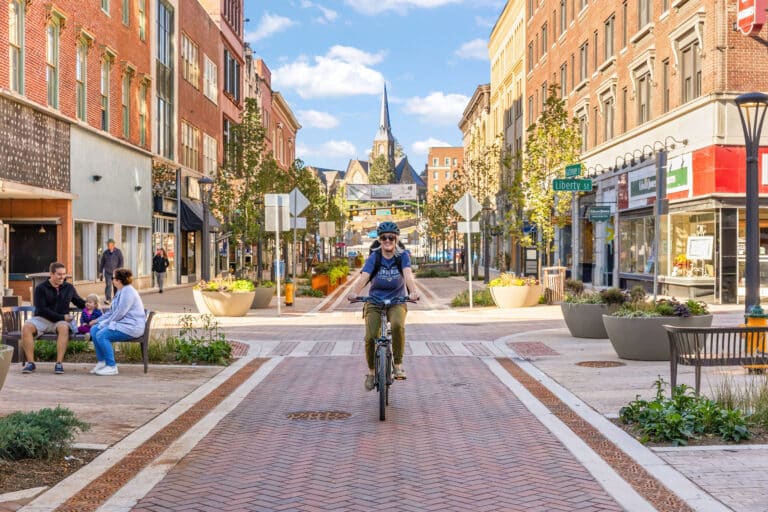The Blue Sky Fund takes kids from Richmond’s low-income neighborhoods on a variety of outdoor excursions.
It isn’t easy getting inner-city kids out of their comfort zone, but that hasn’t stopped Lawson Wijesooriya. She is the executive director of the Blue Sky Fund, a Richmond-based nonprofit dedicated to providing at-risk youth from low-income homes with opportunities to explore the outdoors through adventure sports and environmental education. A former teacher, Wijesooriya helped create the Blue Sky Fund in an effort to combine her love of the outdoors with her passion for helping the underprivileged kids she was working with on a daily basis.
She lives in the same low-income neighborhood of Richmond’s East End as many of the kids in her program, and organizing her first trip consisted of going door-to-door and inviting kids from her street to go backpacking. She has won over many skeptical youngsters stuck in the metro rut who were initially reluctant to take a chance on a new experience in nature. Now, Wijesooriya has a paid staff, and she’s bringing hundreds of kids outside each month—whether it’s through a day trip to a local climbing gym, a science-based educational outing along the James River, or a wilderness trip in the Blue Ridge backcountry.
“I was given the opportunity to backpack when I was young, and I know it was a huge part of my coming of age. That’s why I initially believed outdoor experiences would help kids, and why I wanted to give them similar experiences, even if they couldn’t pay for it. I grew up going to private schools that provided plenty of experiential education, and my goal is to provide as many kids as possible with a chance to learn beyond the textbooks and tests of a classroom. Getting kids outdoors involved in something that is hands-on excites them in a way that formal education does not.”
“We work with public schools and provide hands-on science education by getting kids familiar with the outdoors in the local area. Every month we take 600 kids from public schools outside to get some hands-on experience, and last year we showed a 19 percent increase in mastery of their standards of learning science concepts. We believe this advanced achievement comes from having a really positive experience in nature.“
“We are also providing opportunities for kids to use adventure sports to gain life skills. Part of that is still our founding program, which is sending at-risk kids to summer camps, and once a month we run monthly expeditions with the kids that include local outings like day hikes and climbing trips. We also have a unity program, where we take kids on a wilderness trip every summer. It’s specifically focused on bringing together a diverse population, so we recruit high school kids from both public and private schools with affluent and low-income backgrounds and a huge racial mix. When we go out into the woods together, these kids see it as a level playing field. The kids are learning how to get along and meet challenges together, even though many of them come from very different backgrounds. I’ve learned how much of an equalizing common denominator outdoor activities can be.”
“Recruitment was one of our first obstacles. In the beginning I was literally dragging some of these kids out of bed. Although now we’re starting to see the fruits of our labors, and many of our expedition trips are regularly filling up, it still isn’t always easy convincing kids that they’ll enjoy the outdoors. Asking a 14-year-old teenager to come into the woods with us and not shower for four days definitely takes some convincing. That’s okay, because it’s the business we want to be in. We understand the value that exposing kids to the outdoors will ultimately have in their lives, and that makes it all worth it. The best thing we have noticed is that once kids have experienced one of our trips, they almost always want to come back.”
“When we take kids outside, I can see them connect the dots. I’ve taken kids down to the James River here in Richmond, and they’ve turned around and asked me, ‘Is this the Nile?’ Without real experience, it’s difficult for them to differentiate between what they’re learning in the classroom. It’s amazing to watch kids have that kind of transformative experience and realize what is right in their backyard.”
“These experiences make kids believe they can do more than they previously thought they could. I recently watched a girl get outside of her comfort zone on a rock climbing wall. At first she was freaking out, but halfway up the wall, her expression changed, and I could tell she was thinking to herself, ‘I can do this.’”







